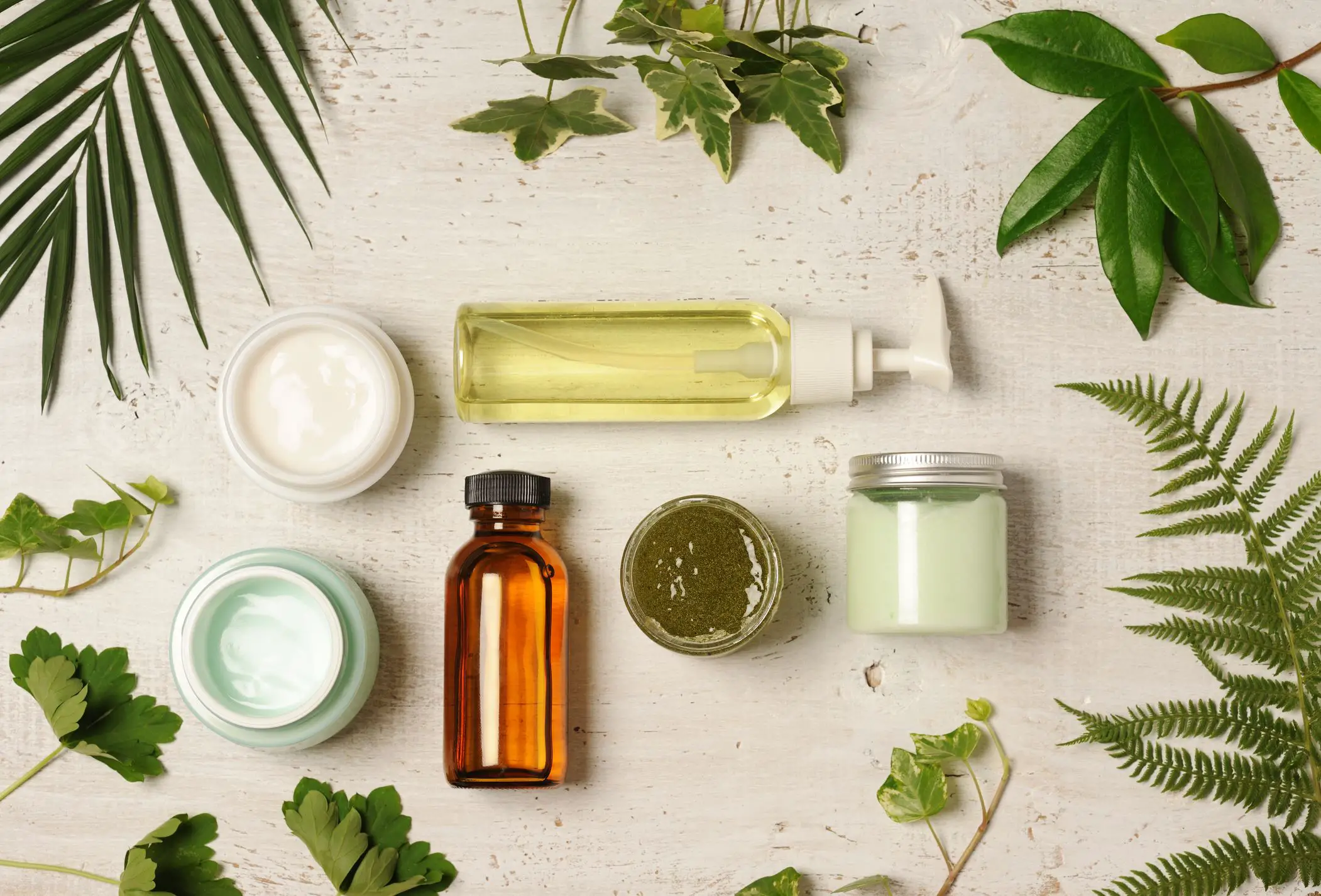Overview
In the constantly changing field of skincare, many people set out on a mission to achieve healthy, glowing skin. Although there are many products available that promise amazing results, natural serums have become very popular because of their skin-transforming properties. We will examine the significance of natural serums and how they help to promote skin health in this extensive guide.
Comprehending Natural Serums
Concentrated formulas, natural serums usually include a blend of active components from essential oils, plant extracts, and other naturally occurring materials. In order to address particular skin conditions, these serums are made to deeply penetrate the skin and offer rich nutrients, antioxidants, and moisture.
The Particular Advantages of Natural Serums
High Concentration Active Substances:
Natural serums are renowned for having a high concentration of active components, which makes the treatment more powerful and efficient. These components, which are frequently found in nature, can include fatty acids, vitamins, minerals, and antioxidants, all of which support skin that is more vibrant and healthy.
Nutrient-Rich Formulations:
Serums’ natural components are rich in nutrients that are vital to the health of the skin. The skin is nourished from the inside out by minerals, amino acids, and vitamins A, C, and E. These nutrients are essential for maintaining general skin suppleness, encouraging cell turnover, and supporting the creation of collagen.
Antioxidant Protection:
Antioxidants, which are unstable chemicals that can damage skin cells and hasten the aging process, are abundant in natural serums. By scavenging these free radicals, antioxidants offer a safeguard against environmental stresses including pollution and UV rays.
Hydration & Moisture Retention:
Hydrating components like glycerin and hyaluronic acid, which draw and hold onto moisture in the skin, are found in a lot of natural serums. Maintaining a healthy skin barrier, avoiding dryness, and lessening the appearance of fine lines and wrinkles all depend on proper hydration.
Gentle and Non-Irritating:
Synthetic ingredients, harsh chemicals, and perfumes are frequently left out of the formulation of natural serums, which helps prevent skin irritation. This lowers the possibility of allergic reactions and irritation, making them appropriate for people with sensitive skin.
Typical Natural Serum Components and Their Advantages
Vitamin C:
Well-known for its brightening effects, Vitamin C promotes the formation of collagen, balances out skin tone, and lessens hyperpigmentation for skin that appears tighter and younger.
Hyaluronic Acid:
A potent hydrating component, hyaluronic acid draws and holds onto water in the skin to provide the appearance of plumped skin and reduce wrinkles and fine lines. Retinol, or vitamin A, is known for its anti-aging properties. It makes skin smoother and younger-looking by encouraging cell turnover, clearing clogged pores, and boosting collagen synthesis.
Niacinamide (Vitamin B3):
Niacinamide is a vitamin that is good for a range of skin types since it decreases redness, improves skin texture, and controls oil production.
Rosehip Seed Oil:
Packed with antioxidants and vital fatty acids, rosehip seed oil helps heal damaged skin, reduce hyperpigmentation and scars, and enhance the texture of the skin overall.
Including Natural Serums in Your Daily Skincare Practices
Determine Your Specific Skin Concerns:
Whether it’s ageing, hyperpigmentation, acne, or dehydration, determine your concerns before choosing a natural serum. This will assist you in selecting a serum that has the proper ingredients to meet your particular requirements.
Patch testing:
To make sure a new skincare product is compatible with your skin type, it’s essential to do a patch test. Before adding the serum to your routine, apply a little amount to a discreet location and watch for any negative responses.
Use Consistently:
Consistency is essential for the best outcomes. Apply the natural serum in the morning or evening, as directed by the product, as part of your regular skincare regimen.
Layering with Other Products:
Sunscreens and moisturizers are two examples of skincare products that work well with natural serums. Optimizing the order of product layering guarantees optimal absorption and efficacy.
Sunscreen Protection:
Although natural serums have many advantages, they must be used in conjunction with sun protection. To protect your skin from UV rays, delay premature aging, and preserve the effects of the serum, wear a broad-spectrum sunscreen with at least SPF 30.
In summary
Natural serums have become essential tools for achieving healthy, glowing skin. Their potent, nutrient-rich formulas have several advantages, ranging from treating certain skin issues to preventing indications of aging. Through the integration of natural serums into a comprehensive skincare regimen, people can unleash the rejuvenating potential of these powerful concoctions and set off on a path towards skin that is glowing and refreshed. Remember that the secret to success is to recognize the specific demands of your skin and select a natural serum that is specifically designed to address those issues.

